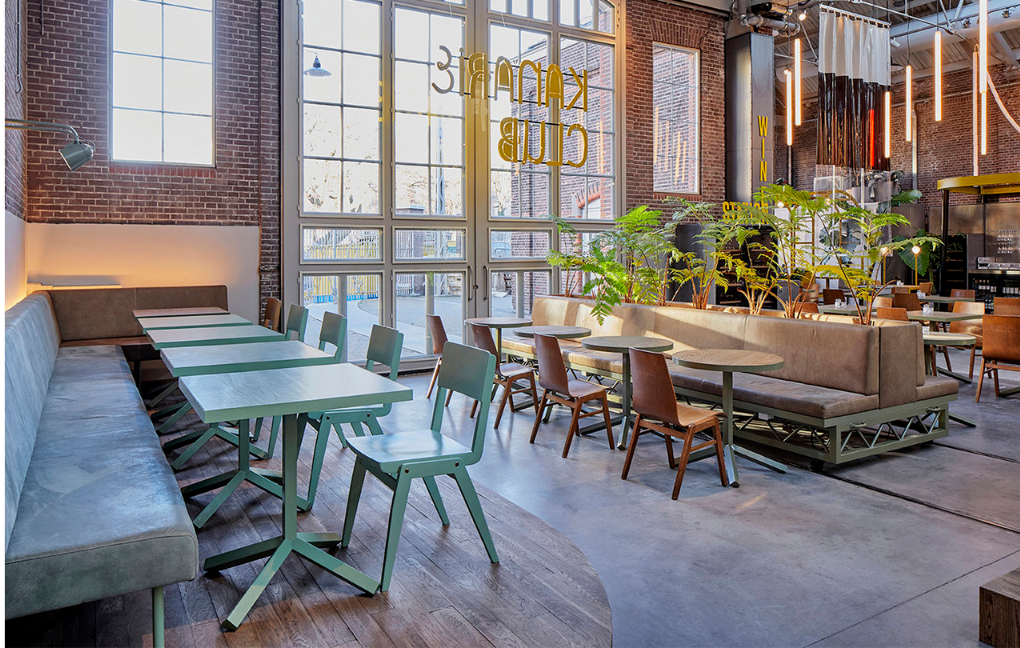What shape or form should an office take for people who don’t have an office? What might sound like a paradox is actually the question du jour for digital nomads.
“Where’s my desk going to be today?”
Among the cosmopolitan army of office-less professionals, this is often the first question of the day.
Being digital nomads means being able to adapt and having the right mindset to make the most of every opportunity that promotes personal growth and adds to your work skill set.
There are people who’ve managed to run a startup from a sailboat, people who sit at the water’s edge to go over their spreadsheets, and people for whom the train has become their main place of work. There are people who wake up in a different city every morning and who, to charge their smartphone or laptop, waste time hunting down somewhere with the right voltage to plug in.
While offering endless opportunities, it also means working with a notebook, which has always made a table at the nearest coffee shop the best option or, better yet, taking productivity to the next level, the ideal solution is the work café designed with comfortable workstations and fast wifi.
Learning from coworking
The number one choice – the digital nomads’ go-to – are coworking spaces.
Found the world over, they provide technologically well-appointed spaces built around the latest modern business needs.
What were once regarded as spaces catering just to freelancers now have a wider audience.
Coworking spaces also offer a “secure place” for use by employees who travel a lot, maybe to cities where their own company doesn’t have an office. Being a digital nomad doesn’t have to mean being a freelance professional.


Photos courtesy of KANARIE CLUB – AMSTERDAM; project by studiomodijefsky.nl.
Designing an office to meet the needs of digital nomads
Taking our cue from coworking is the first step towards creating a space that is 100% in line with the requirements of digital nomads.
What features do the best-performing, quality spaces share?
- A combination of open spaces encouraging interaction, and separate rooms for meetings and work in small teams
- An ergonomically conscious design, with natural light and comfortable workstations
- Special areas for chilling out and taking breaks
- Reception, secretarial and mail receiving services
- Flexible and extended opening hours, preferably 24 hours a day
- Community, courses and workshops
- Matchmaking services that promote exchange of skills
Put a nomad in the office
The “offices” of nomads have caught the eye of big business HR managers. Observing people who work in common spaces organized as described above, they’ve noticed how productivity and satisfaction tend to increase. Someone has gone as far as to form a theory about the potential of desk sharing, since leasing a few desks to independent digital nomads can have a positive effect in bringing together different approaches and work styles. Adding the odd “nomadic” habit into the traditional work mix is still the approach favoured by multinational tech companies, who are some of the most active on the smart working front.
Some employees at the major Silicon Valley companies, for example, enjoy the perk of using 20% of their work week to pursue pet projects: they can spend the accrued hours on any activity they deem “useful to the company”.
Other companies have taken things one step further, creating micro-work spaces that reproduce the atmosphere of the different parts of the world they do business in, going from an office environment that feels like you’re in Goa to a meeting room in Texas, making you feel “nomadic” in a hop, skip, and a jump.

